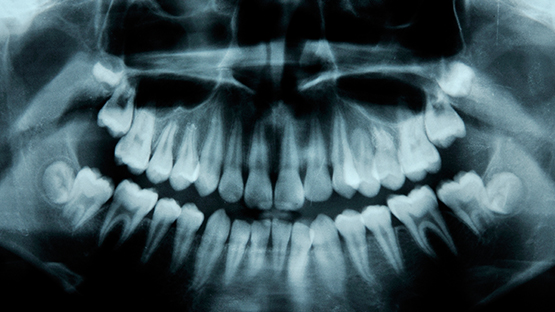It’s natural to feel anxious about going to the dentist. But receiving dental care from providers you trust can make all the difference.

Another reason to smile
At AHN, dental services are available from the same network of physicians who provide your medical care.

Pittsburgh’s leading dental team
Our providers consistently rank among Pittsburgh Magazine’s top dentists. This list spotlights dentists who use the latest techniques to deliver effective dental care and provide a comfortable experience.
Featured Services
Our dental specialists have a high-level of experience and skill in cosmetic dentistry, pediatric dentistry, general dentistry, and periodontics.
-
Cosmetic Dentistry
Get the smile you’ve always wanted with our cosmetic dentistry services. We offer services including braces, veneers, crowns, teeth straightening and teeth whitening.
-
Pediatric Dentistry
Our dentists deliver age-appropriate care so your child’s teeth and gums stay healthy for life. We catch early problem signs that may impact your child’s well-being.
-
General Dentistry
Our team includes some of the area’s top dentists, offering a range of general services including teeth cleanings, fillings and sedation dentistry.
-
Periodontics
Infections from gingivitis are the most common form of gum disease. Our periodontists deliver a range of treatments to restore your gums to good health.
Why choose us?
We work hand in hand with your AHN medical specialists to make sure you get excellent treatment and results. You can count on:
-
Timely Services
We make it easy to fit dental care into your busy schedule. We offer early-morning appointments on weekdays. For emergencies such as a cracked tooth or severe toothache, we have dentists available 24 hours a day.
-

Emergency dental care
We deliver emergency dental care any time. Dental emergencies include severe toothaches, infection and swelling or adult (permanent) tooth loss. We have dentists on-call 24 hours a day to assess your emergency, as well as same-day appointments.
-

AHN Nurse Line
When you have health questions, talk with a nurse — free of charge.
(412) NURSE-4-U (412) 687-7348 -

Explore your future in dentistry at AHN
Our Dental Medicine Residency Program emphasizes hospital-based dentistry including supervised clinical experience and didactic learning experiences.



